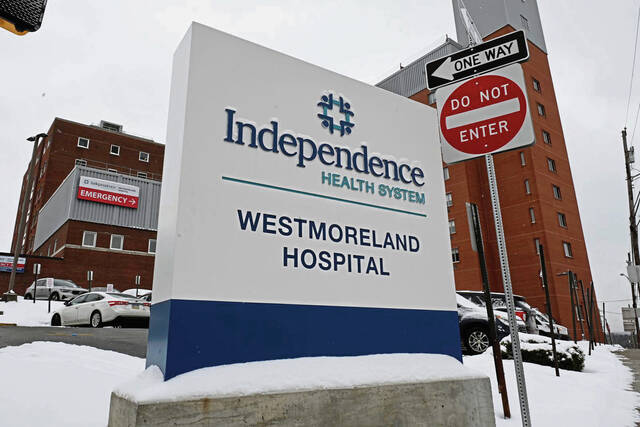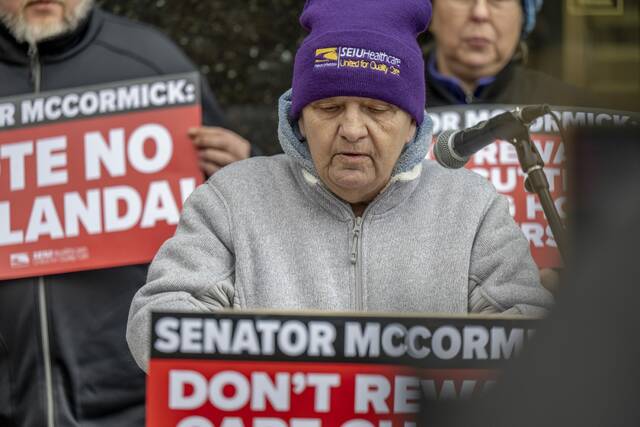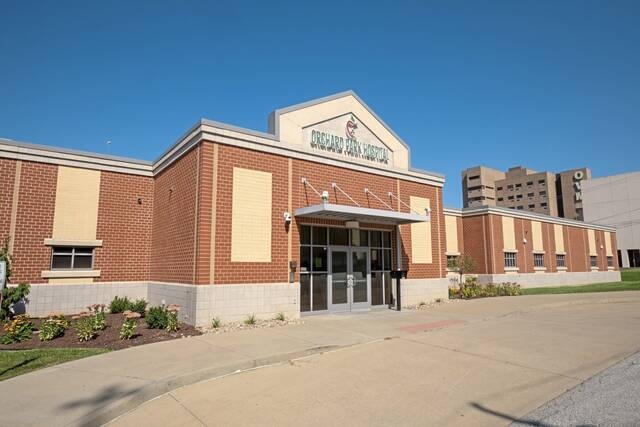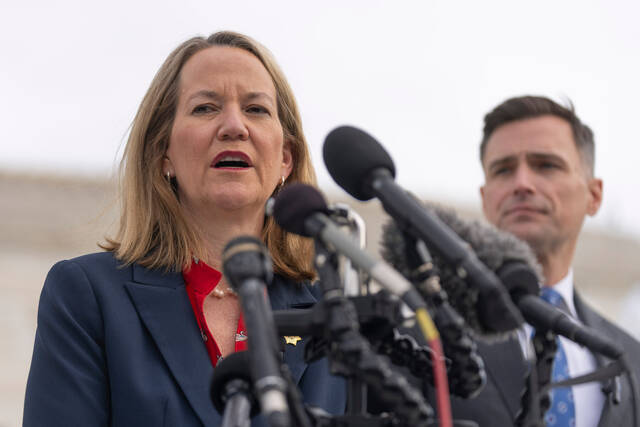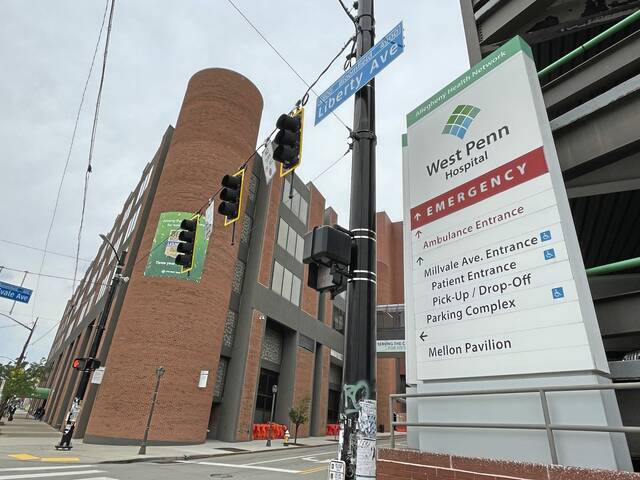All five of Independence Health System’s hospitals failed this year to fully comply with federal rules ordering them to post prices online for their services, according to a report released this week by an advocacy group.
The Philadelphia-based Pennsylvania Health Access Network found Independence’s hospitals — Butler Memorial, Clarion, Frick, Latrobe and Westmoreland — fell short on price transparency measures implemented more than four years ago.
None of the hospitals had rates negotiated with insurers posted online, according to the report, which also found shortcomings with individual hospitals in the UPMC and Allegheny Health Network systems.
Butler Memorial and Clarion, in particular, were missing data on the initial costs billed to insurers and discounts for paying in cash.
Kelley Skoloda, a spokeswoman for Independence, said the health system regularly checks its price transparency files and addresses any gaps that arise.
“We are committed to clear, accessible and compliant pricing information,” Skolada added.
She did not refute the report’s findings.
Starting in 2021, hospitals were required by the Centers for Medicare and Medicaid Services to provide clear, accessible pricing information online for many tests and procedures.
The idea is, when hospitals share their prices, patients can act more like customers by comparing costs and choosing the best value, the agency says on its website.
“Hospital price transparency helps Americans know the cost of a hospital item or service before receiving it,” according to the website. “This information will make it easier for consumers to shop and compare prices across hospitals and estimate the cost of care before going to the hospital.”
The government mandates hospitals post “standard charges” for at least 300 services that can be planned in advance, including X-rays, colonoscopies and outpatient visits.
The Centers for Medicare and Medicaid Services monitors hospitals through random checks and investigation of complaints.
Hospitals that fall short of requirements get a warning at first, but can face — and occasionally have been hit with — fines ranging from tens of thousands of dollars to nearly $1 million.
Of the roughly two dozen hospitals that have been fined or threatened with fines since the monitoring began, Clinton County’s Bucktail Medical Center is the only one in Pennsylvania.
After giving hospitals some time to get up to speed, the nonprofit Pennsylvania Health Access Network began tracking compliance in 2023. While 46% of the state’s hospitals were deemed compliant that year, that figure declined to 41% last year and is holding steady in 2025.
The latest report covered pricing checks that occurred between April and June at 184 hospitals.
Patient disadvantage
Spotty compliance leaves patients at a huge disadvantage, according to Patrick Keenan, the organization’s director of policy and partnerships.
“Prices can vary by hundreds or even thousands of dollars just by going through a tunnel or over a bridge,” Keenan said.
Other Pittsburgh-area health systems fared better than Independence in this year’s report.
Four of 13 Allegheny Health Network hospitals were marked noncompliant for lacking a list of services that can be scheduled in advance. All are branded as neighborhood hospitals by the network.
These relatively small facilities are made up of an emergency department and a small number of inpatient beds. That means there are no services to be booked ahead of time, according to Daniel Laurent, an Allegheny Health Network spokesman.
All but two of 33 hospitals in the UPMC system were up to snuff by the report’s estimation.
The report did not include a 34th facility, UPMC Western Psychiatric Institute and Clinic.
The report flagged UPMC Greene and UPMC Washington for not including cash discount prices. These facilities were added to the UPMC network about a year ago, when the health care giant subsumed Washington Health System.
UPMC did not return a request for comment.
Both chambers of the state Legislature are considering a bill to add their own layer of price transparency requirements and enforcement tools.
State Sen. Dawn Keefer, R-York, is sponsoring the Senate version of the legislation, which she views as a step toward making health care costs less confusing for patients.
“Where else will you ever go to consume a product, you don’t know how much it’s going to cost, you just say, ‘I want it, I’m going to buy it?’” Keefer said.


